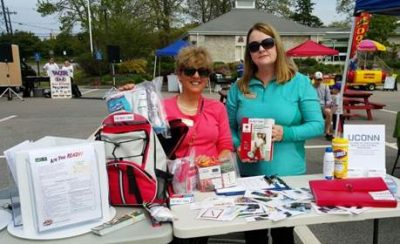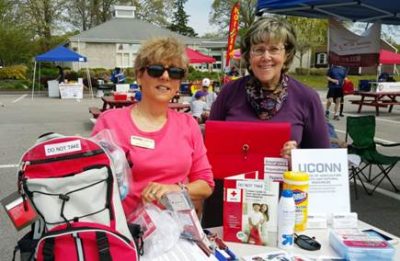 The National Academies of Science, Engineering and Medicine offer and Emergency Preparedness and Disaster Management collection of resources. “Recent events have proven that even prepared communities can be overwhelmed in a state of state of emergency. This collection of reports provides guidelines and targeted resources for all stakeholders in a disaster response, including state and local governments, emergency medical services and health care centers. These reports also examine the improvement of emergency services in rural communities and recommends post-disaster public engagement practices.”
The National Academies of Science, Engineering and Medicine offer and Emergency Preparedness and Disaster Management collection of resources. “Recent events have proven that even prepared communities can be overwhelmed in a state of state of emergency. This collection of reports provides guidelines and targeted resources for all stakeholders in a disaster response, including state and local governments, emergency medical services and health care centers. These reports also examine the improvement of emergency services in rural communities and recommends post-disaster public engagement practices.”
To browse the selection of free downloads, visit https://www.nap.edu/collection/35/emergency-preparedness-disaster-management.

